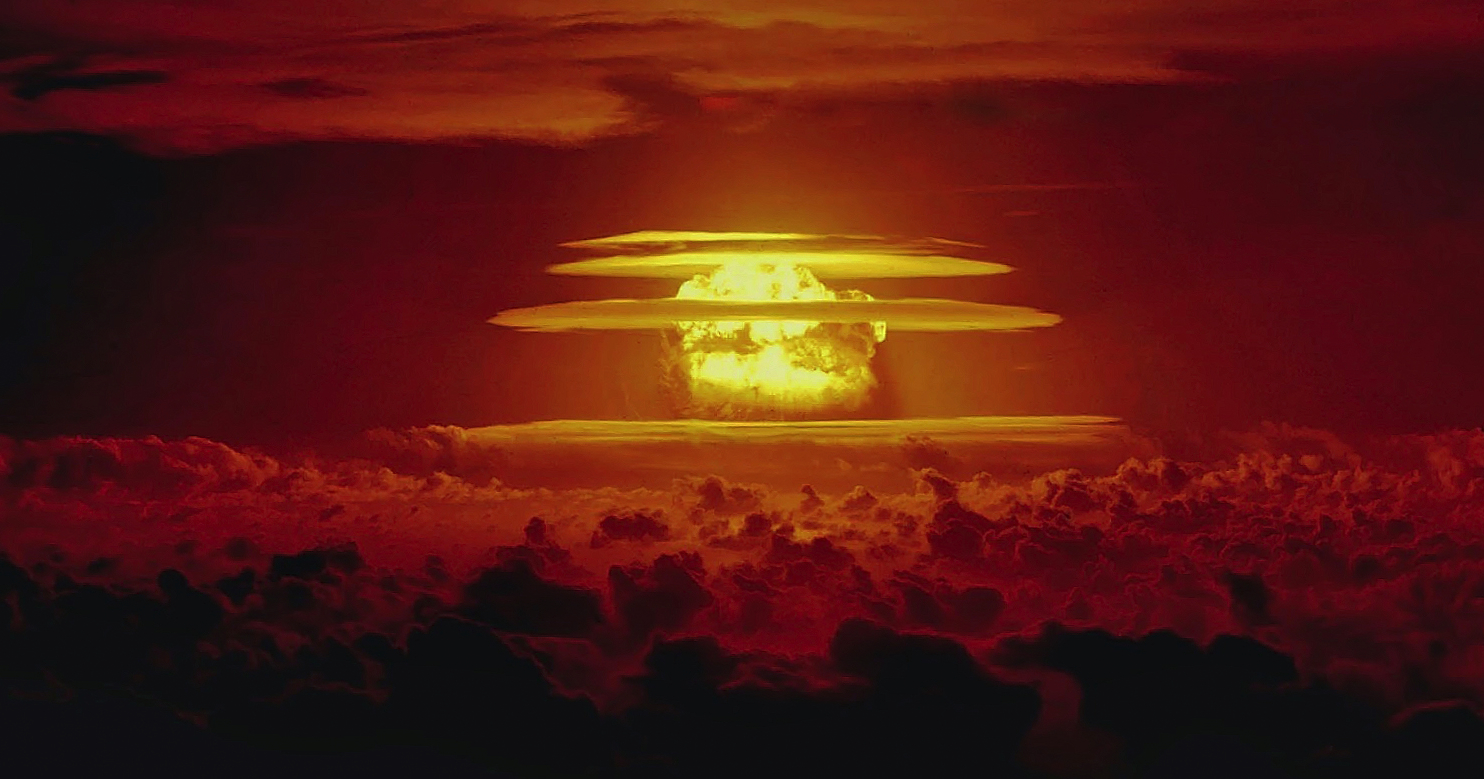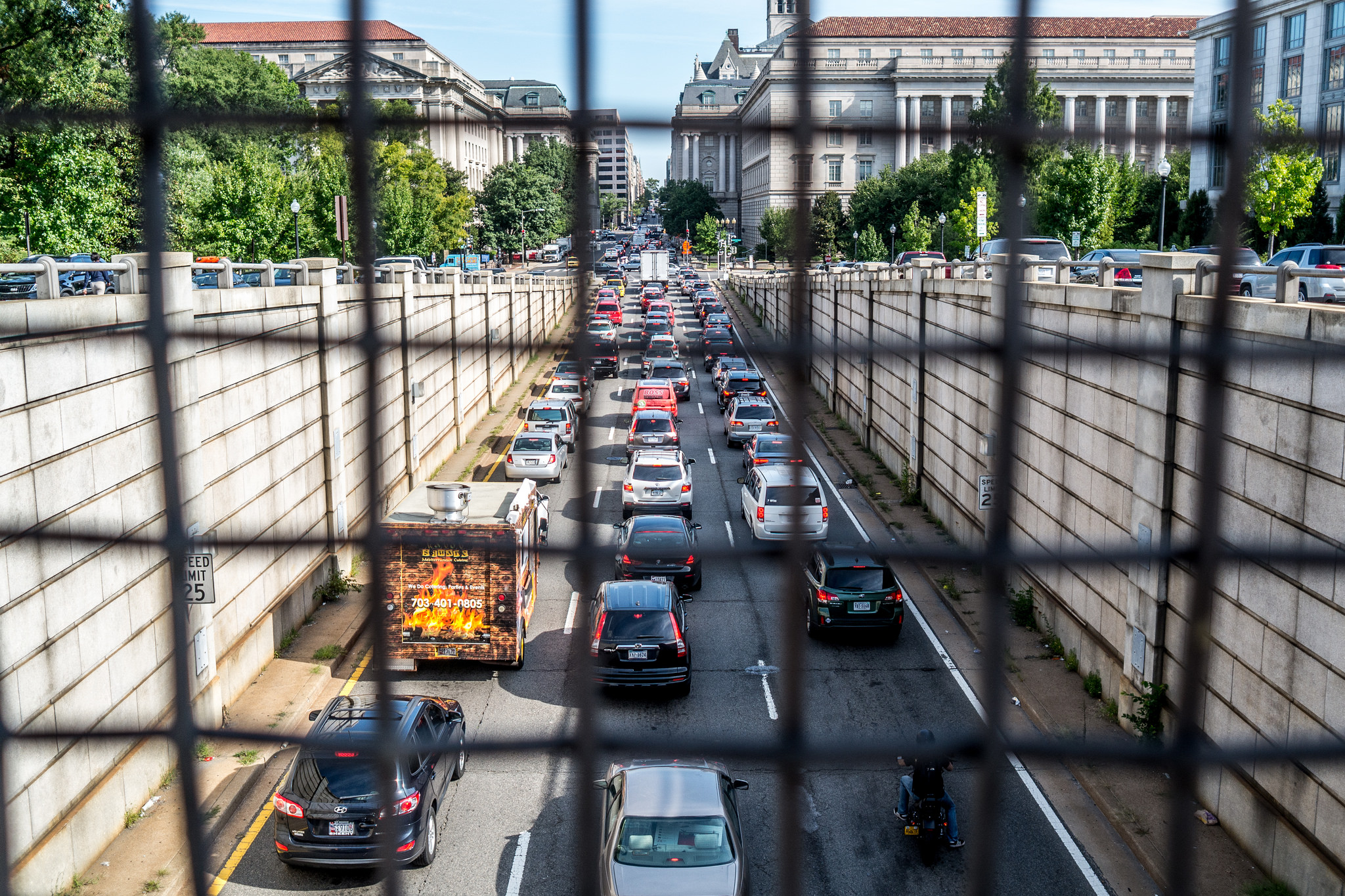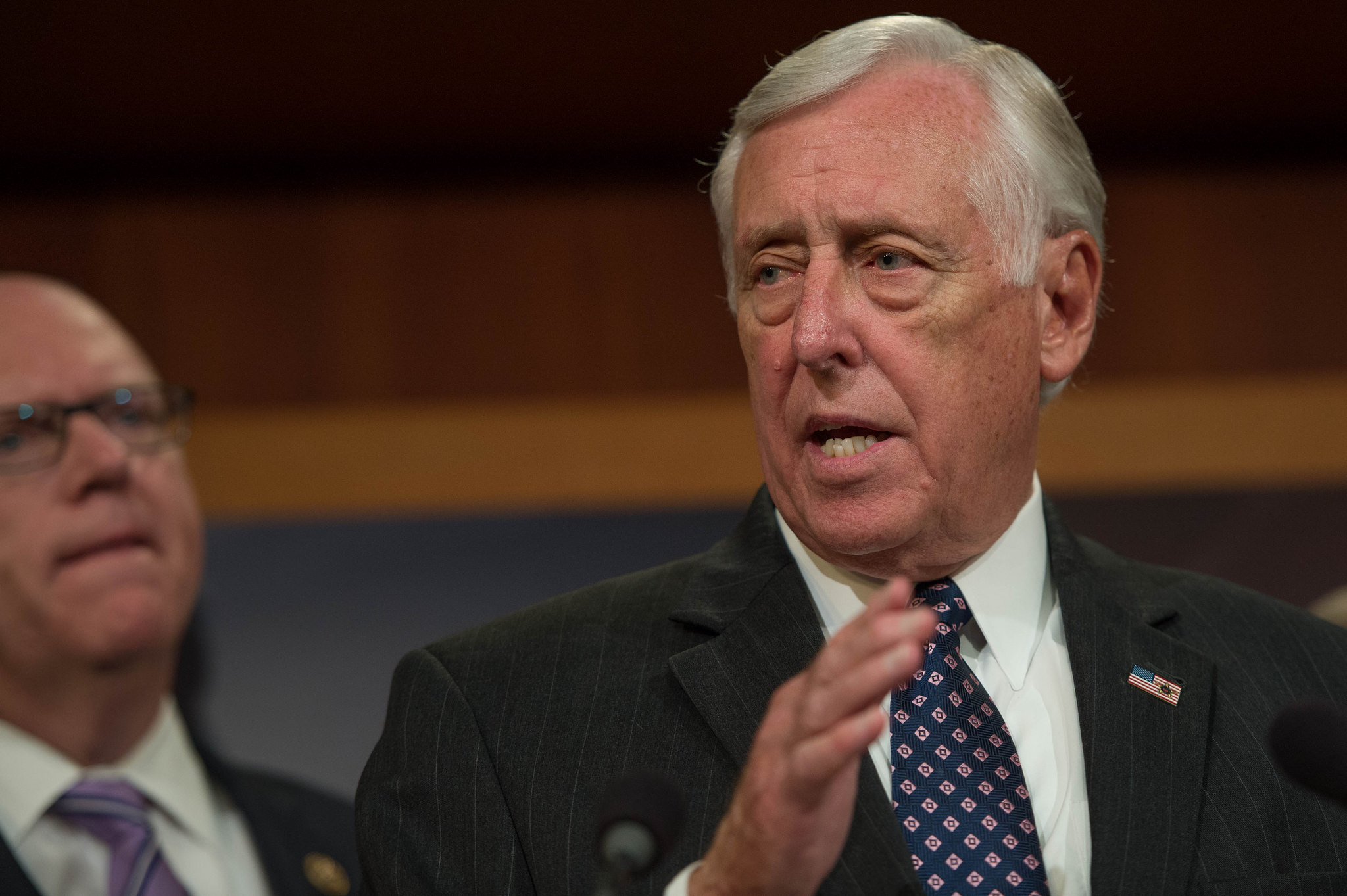One of the biggest issues confronting the transition away from fossil fuels and toward an all-electric, alternative energy future is whether the current electric grid can handle it.
A new report from the International Energy Agency says the answer is a clear “no,”: the current grid can’t handle all those green dreams and promises. But it could…if nations are willing to pay for it.
How much?
Achieving all national climate and energy goals will require adding or replacing 80 million kilometres [almost 50 million miles] of power lines by 2040 – an amount equal to the entire existing global grid – according to a detailed country-by-country analysis carried out for the report. Major changes to how grids operate and are regulated are also essential, while annual investment in grids, which has remained broadly stagnant, needs to double to more than USD 600 billion a year by 2030.
And because grids aren’t made of angel hair and rainbows, that means a lot of minerals will have to be mined, refined, transfigured, and transported to build this replacement grid. The Wall Street Journal writes:
Where are the materials going to come from? The report doesn’t say, but the most likely answer is China, which dominates global copper, steel and aluminum production, owing to its lax environmental regulation and low labor costs. Over the past 20 years, primary aluminum production has increased ninefold in China while declining 68% in the U.S.
Metals manufacturing takes massive amounts of power, and coal accounts for 60% of China’s electric generation. In other words, the IEA’s path to a net-zero grid would involve emitting a lot more CO2, even assuming it wasn’t a political nonstarter, which it is.
And that last item – the politics involved in getting a new global grid designed, permitted, and built is the even bigger issue lurking behind all those green promises. Could an unprecedented outbreak of global harmony arrive that allows such a grid to be constructed? Nope.
If anything, an outbreak of grid construction (assuming it survives the regulatory and legal thickets) would very likely be a prized national possession that isn’t for sharing.
What’s an earnest nation that wants to do the right thing by the environment, its economy, and its people to do?
Above all, be honest about what an energy transition really means. This includes a frank admission that change will be neither cheap, quick, nor painless. There will be real consequences along the way, including the costs.
And as always, you will get the bill.
The opinions expressed in this article are those of the author and do not necessarily reflect the positions of The Republican Standard. It first appeared in American Liberty News.





